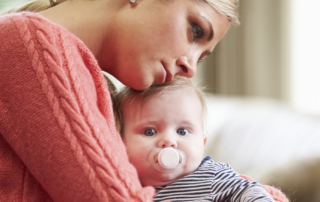Depression in Fathers: Toward a Better Understanding of Its Impact on the Child
While much research has demonstrated that maternal depression may negatively affect the child, leading to increased risk of developmental delays, behavioral problems, and psychiatric illness. Less research, however, has detailed the impact of paternal depression; several recent studies have focused on better understanding the risk factors for paternal depression and how paternal depression affects children.









